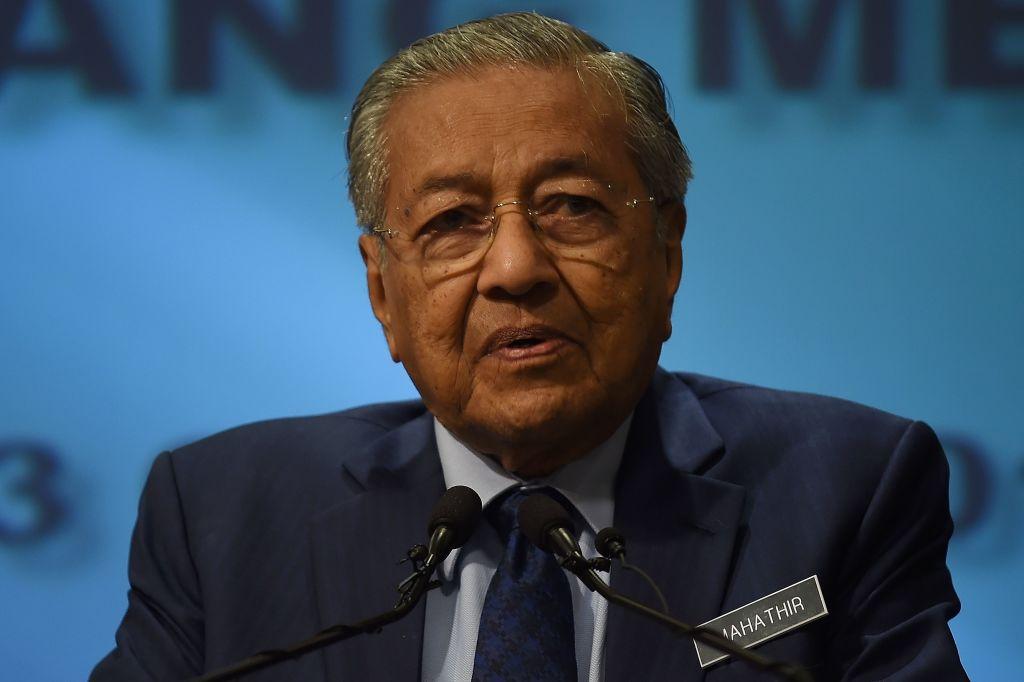KUALA LUMPUR/BEIJING—Malaysian Prime Minister Mahathir Mohamad is set to visit China on Aug. 17 seeking to renegotiate, and perhaps cancel, billions of dollars worth of Chinese-invested projects entangled in domestic graft probes.
Ties between the two countries have been strained since a stunning election victory returned Mahathir to power in May as he suspended unpopular Chinese projects authorized by former premier Najib Razak.





